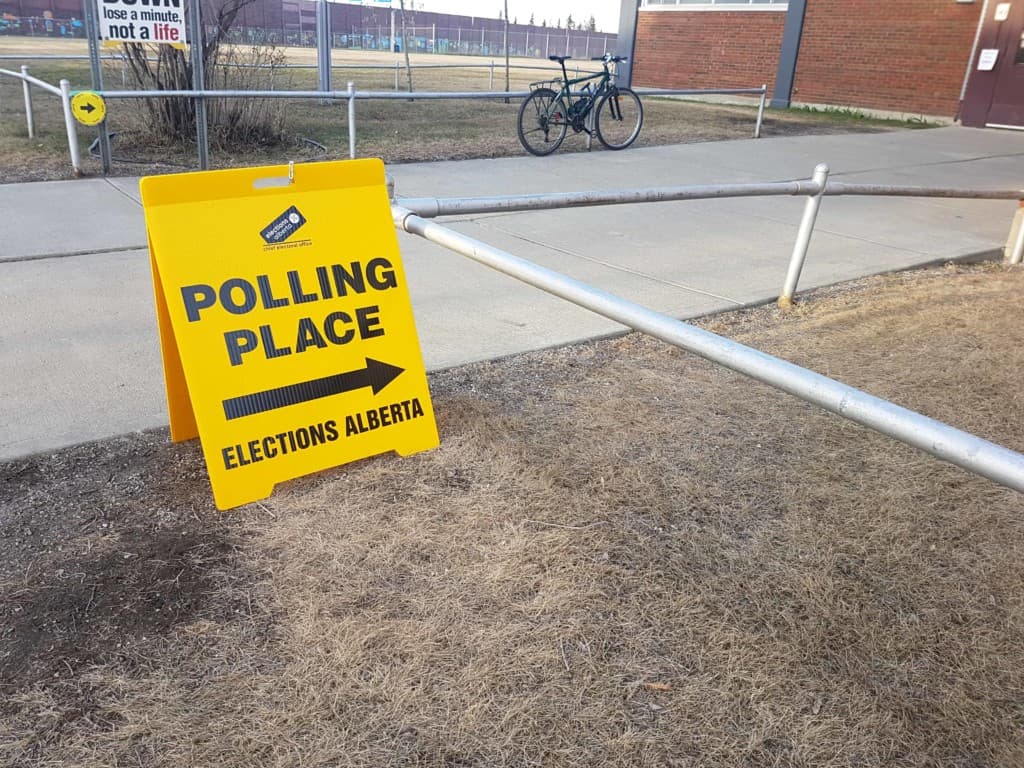Getting involved in the democratic process
Why it’s important to become informed about politics
As a child, I remember always watching with my father as election results rolled in. It was akin to watching the Stanley Cup finals in excitement and I suspect it was even more exciting and stressful for my father. I was 17 during the Manitoba provincial election of ‘99. My dad was on the couch, a glass of bourbon in hand, as the NDP won a majority government. My conservative father stood up, finished his drink, and said, “That’s it. We’re moving.” We didn’t move.
Growing up, we discussed politics at the dinner table, over drinks, at the cabin, and pretty much everywhere. It is an integral aspect of my life and it’s no surprise that as an adult I am heavily involved. Politics are important, being informed is important, voting is important. The people we elect shape our lives, our future, and those of future generations. The best part is that if we don’t like who has been elected, we have a chance to make changes in the next election.
We all can become more personally involved. I have volunteered with three campaigns since moving to Edmonton 15 years ago: two provincial and one civic. All three have been incredibly positive experiences and have given me lasting friendships. Involvement doesn’t need to end when the election results are tallied. Being politically involved is ongoing; there are many ways you can stay involved.

The most direct way is to contact your representative. The representative you contact will depend on whether your idea or concern is a federal, provincial, or civic matter. The easiest way to get in contact is through email, phone, or social media. Find your representative’s contact information with a quick Internet search. It’s even possible to set up a time to meet face-to-face. When contacting your representative or their office, be prepared with the issue you’d like addressed, why you believe it is important, and an idea of what changes you would like to see.
Another way to be involved is to participate in rallies and marches. Demonstrations show your government that there are many people who believe change is needed. Most governments have citizen committees, which are a group of volunteers who meet and work with a representative or government employee to help them draft potential legislation based on what is important to their communities.
Discuss policy, new legislation, new laws, and societal changes with friends and family. Conventional wisdom may tell us it is impolite to discuss these things. However, they are very important and having an open dialogue about them when it is not an election year is essential to ensuring an engaged and informed electorate.
Politics may seem confusing and overwhelming. Ease into it one step at a time and you’ll find that it is quite interesting, satisfying, and engaging.
Featured Image: Political involvement doesn’t stop after an election. | Victoria Stevens







